The Power of Geolocation: Unveiling the Intricacies of Map Guessing
Related Articles: The Power of Geolocation: Unveiling the Intricacies of Map Guessing
Introduction
In this auspicious occasion, we are delighted to delve into the intriguing topic related to The Power of Geolocation: Unveiling the Intricacies of Map Guessing. Let’s weave interesting information and offer fresh perspectives to the readers.
Table of Content
The Power of Geolocation: Unveiling the Intricacies of Map Guessing

In an era characterized by ubiquitous digital mapping and location-based services, the ability to infer geographic information from limited data has become increasingly relevant. This is where the concept of "map guessing" emerges, a process that leverages various data points to estimate the location of an individual, object, or event.
Map guessing, also known as geolocation estimation, involves a multifaceted approach that integrates diverse sources of information. These sources can include:
- IP Address: The unique identifier assigned to a device connected to the internet, providing a general location based on the geographical distribution of internet service providers.
- GPS Coordinates: Direct location data provided by Global Positioning System satellites, offering the most precise location information.
- Cellular Network Data: Information about cell towers a device connects to, enabling location estimation based on the triangulation of signals.
- Wi-Fi Network Data: Identification of nearby Wi-Fi networks, allowing for location estimation based on the known locations of those networks.
- Social Media Data: Geotagged posts and location-based check-ins on platforms like Facebook, Instagram, and Twitter, providing insights into an individual’s presence at specific locations.
These data sources, often combined and analyzed through sophisticated algorithms, contribute to the process of map guessing. The accuracy of the estimated location depends on the quality and quantity of available data, the specific algorithms employed, and the desired level of precision.
The Importance of Map Guessing
The significance of map guessing extends across various domains, offering valuable applications in diverse fields:
- Marketing and Advertising: Targeted advertising campaigns can be tailored to specific geographic regions, maximizing reach and effectiveness.
- Emergency Response: Geolocation data aids in identifying the location of individuals in need during emergencies, facilitating swift and efficient rescue efforts.
- Crime Investigation: Law enforcement agencies utilize map guessing to track the movements of suspects and analyze crime patterns, aiding in investigation and apprehension.
- Traffic Management: Real-time location data from vehicles contributes to dynamic traffic management systems, optimizing routes and reducing congestion.
- Urban Planning: Analyzing population density and movement patterns through map guessing provides valuable data for urban planning initiatives, facilitating infrastructure development and resource allocation.
Understanding the Ethical Considerations
While map guessing offers numerous benefits, it also raises significant ethical concerns:
- Privacy Invasion: The collection and use of location data can compromise individuals’ privacy, especially when used without their consent.
- Surveillance Concerns: The ability to track individuals’ movements raises concerns about potential misuse for surveillance purposes, potentially infringing on civil liberties.
- Data Security: The security of location data is paramount, as breaches could lead to identity theft, financial fraud, and other harmful consequences.
Addressing these ethical concerns requires a balanced approach that prioritizes user privacy, transparency, and data security. Implementing robust consent mechanisms, data anonymization techniques, and stringent security protocols are crucial to ensure responsible use of map guessing technologies.
FAQs about Map Guessing
Q: What is the difference between map guessing and GPS tracking?
A: GPS tracking relies on direct signals from satellites to provide precise location data. Map guessing, on the other hand, utilizes various data sources to estimate location, often with varying levels of accuracy.
Q: How accurate is map guessing?
A: The accuracy of map guessing varies depending on the data sources used, the algorithms employed, and the specific location being estimated. Generally, GPS coordinates provide the most accurate information, while IP address-based estimations offer the least precise results.
Q: Can map guessing be used to track people without their knowledge?
A: Yes, map guessing can be used to track individuals without their knowledge, particularly through the use of cellular network data and Wi-Fi network data. This raises concerns about privacy and surveillance.
Q: What are the legal implications of map guessing?
A: The legal implications of map guessing vary depending on jurisdiction and the specific context. In some cases, collecting and using location data without consent may be considered illegal.
Q: How can I protect my privacy from map guessing?
A: Several measures can help protect your privacy from map guessing:
- Limit location sharing: Be mindful of apps and services that request access to your location data and only grant permission when necessary.
- Use privacy-focused browsers and apps: Explore browsers and apps designed to prioritize user privacy and minimize data collection.
- Use a VPN: A Virtual Private Network can encrypt your internet traffic and mask your IP address, making it more difficult to track your location.
- Disable location services when not needed: Turn off location services on your devices when not actively using location-based features.
Tips for Effective Map Guessing
- Combine multiple data sources: Integrating data from various sources, such as IP address, GPS, and cellular network data, can enhance the accuracy of location estimation.
- Employ sophisticated algorithms: Utilize advanced algorithms that leverage machine learning and statistical modeling to improve the accuracy and reliability of map guessing.
- Consider context and constraints: Take into account factors like time, terrain, and other contextual information to refine location estimations.
- Prioritize data privacy and security: Implement robust data security measures and ensure compliance with relevant privacy regulations.
Conclusion
Map guessing, while a powerful tool with diverse applications, requires careful consideration of ethical implications and responsible use. By balancing the benefits of geolocation estimation with the protection of individual privacy and data security, we can harness the power of this technology to drive innovation and enhance our understanding of the world around us. As technology continues to evolve, the role of map guessing will likely become even more prominent, necessitating ongoing dialogue and collaboration to ensure its ethical and responsible development and deployment.
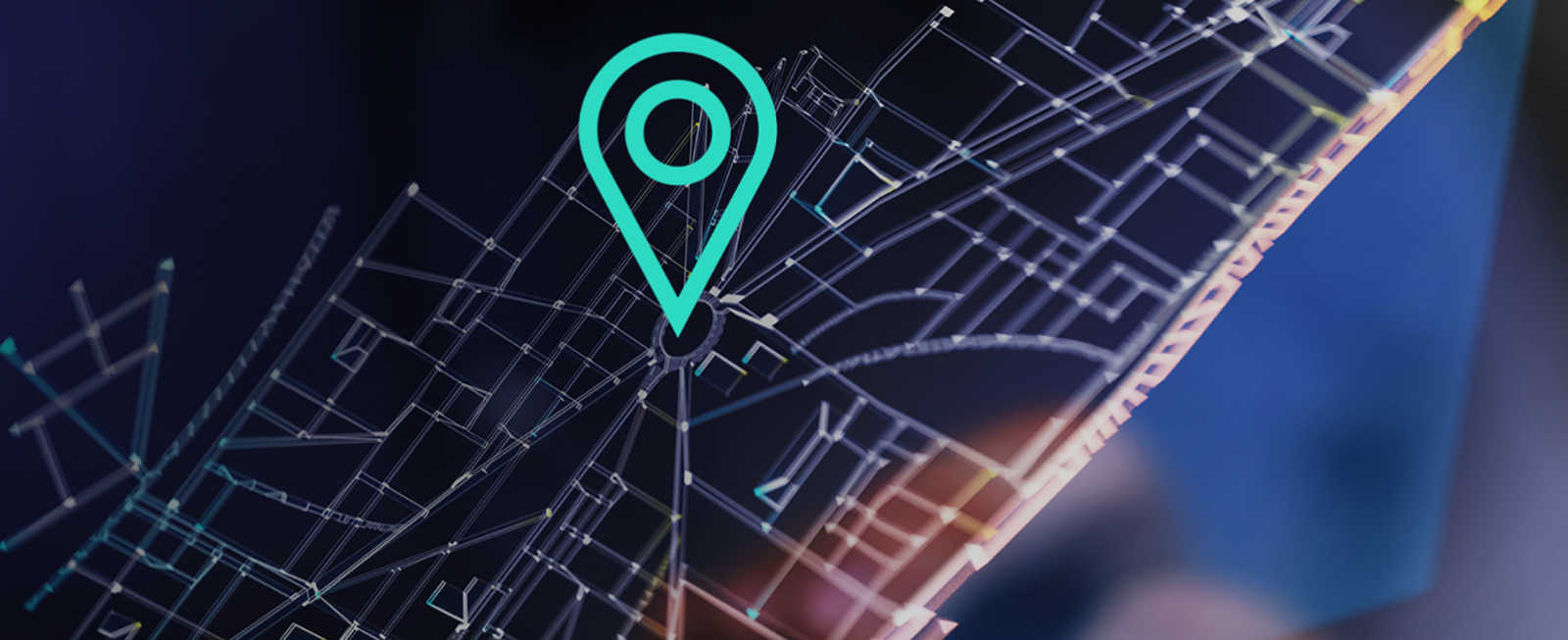
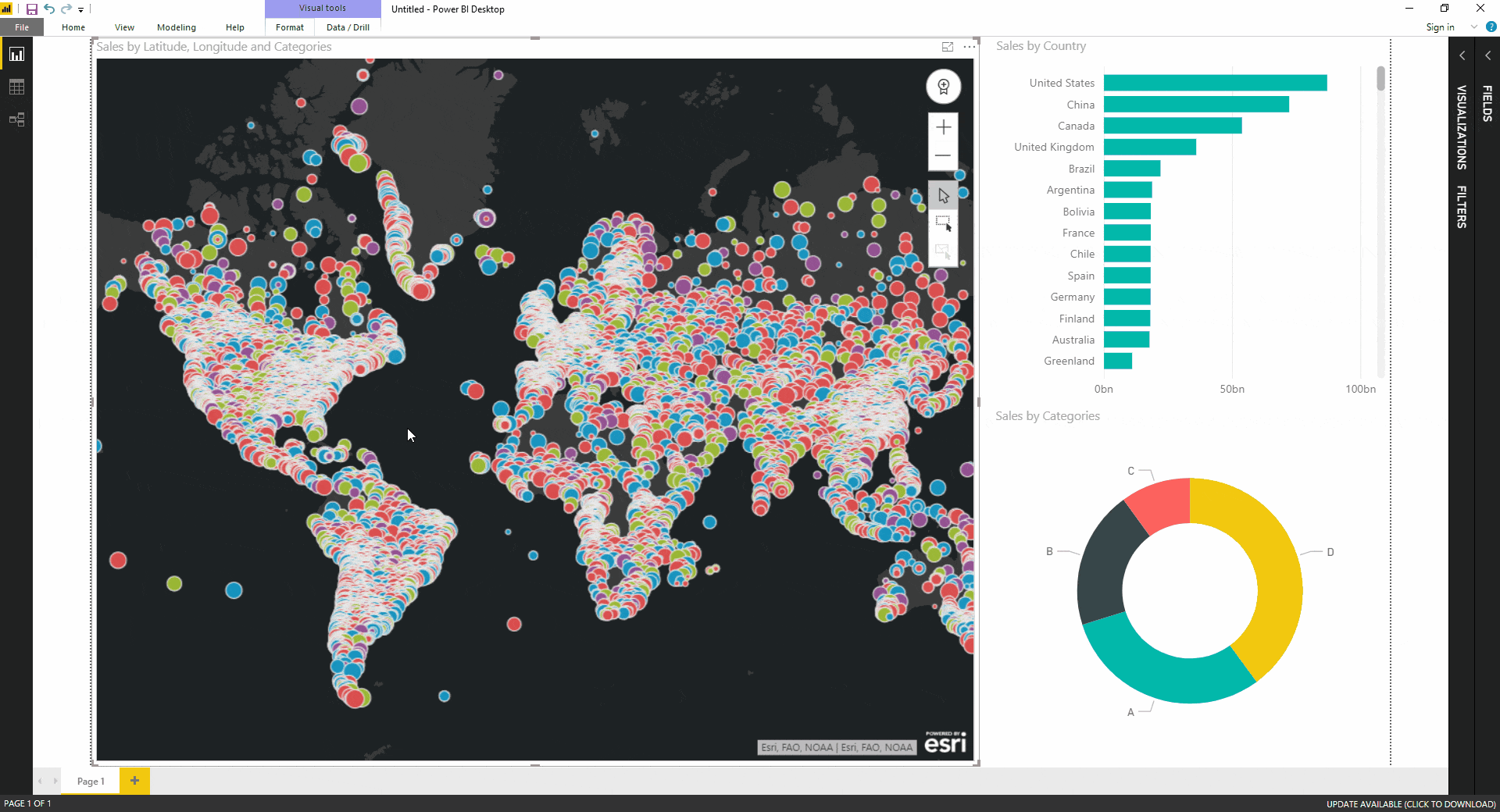
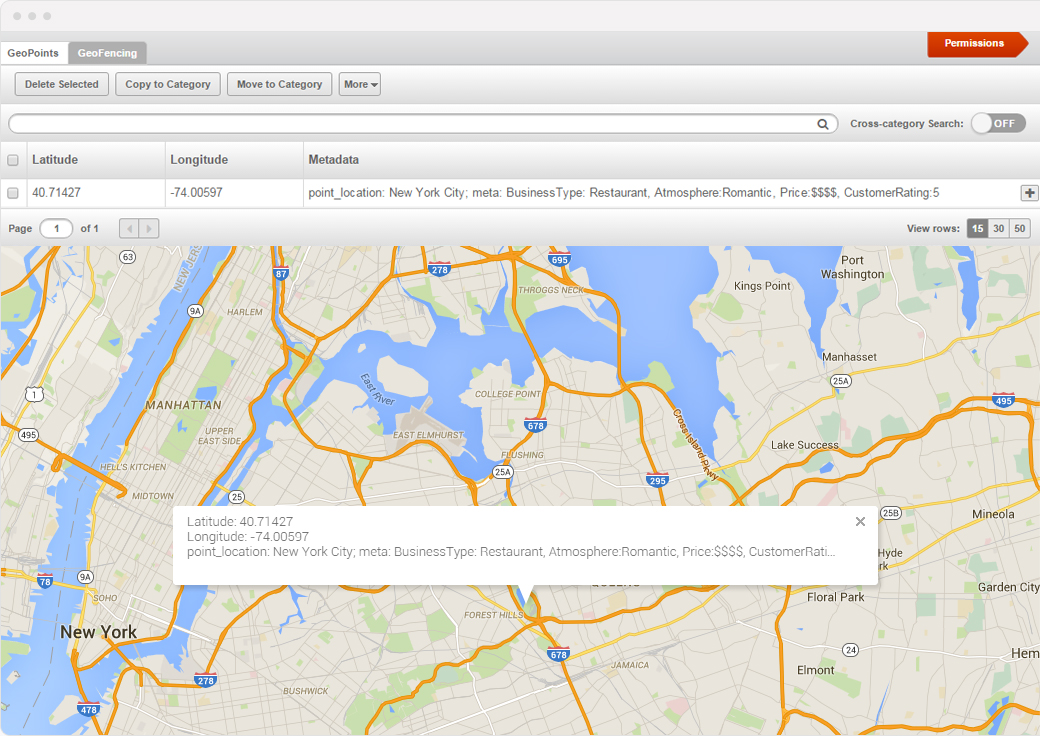
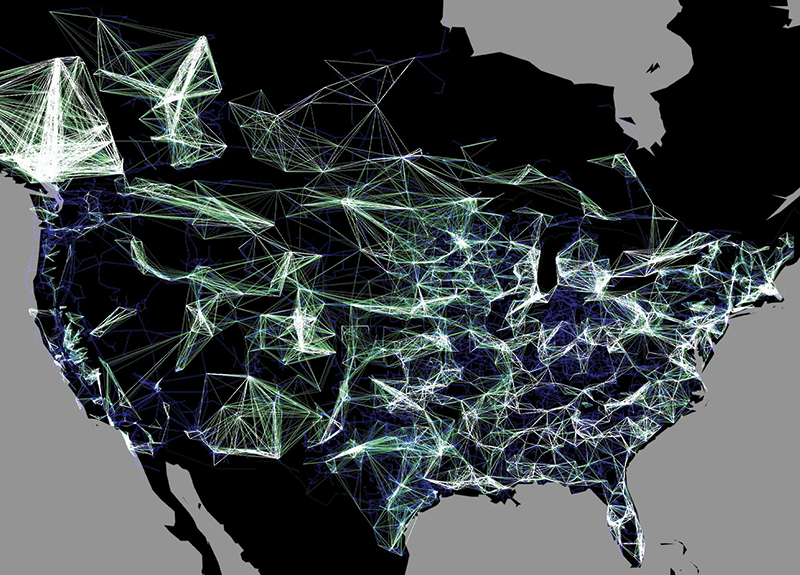

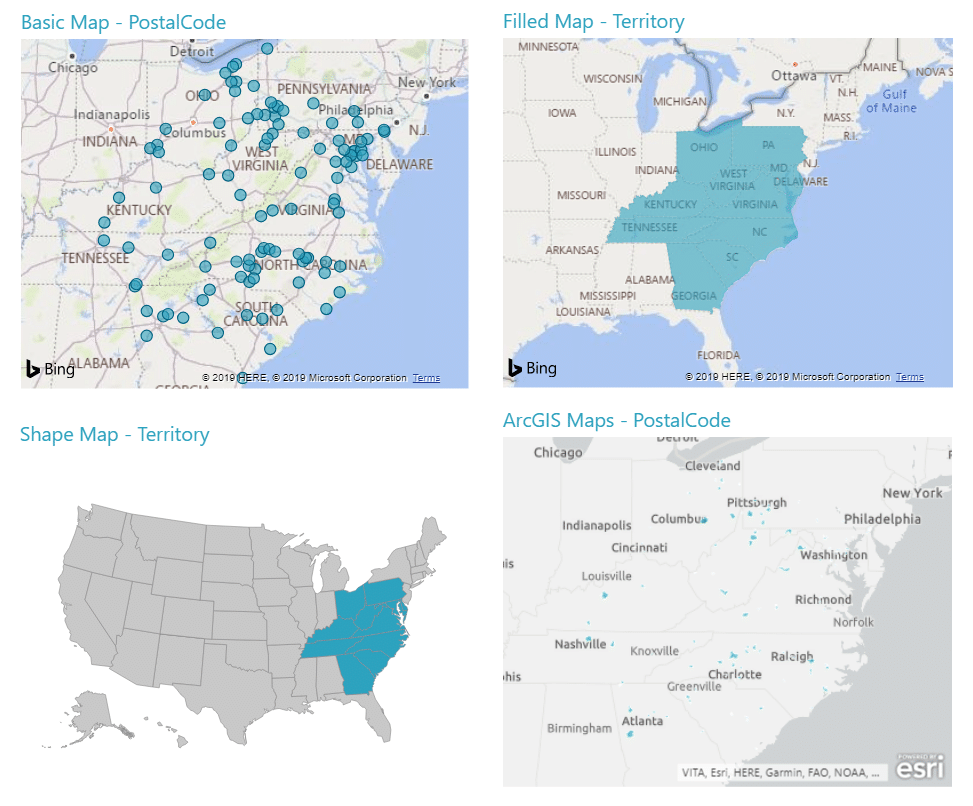
Closure
Thus, we hope this article has provided valuable insights into The Power of Geolocation: Unveiling the Intricacies of Map Guessing. We hope you find this article informative and beneficial. See you in our next article!